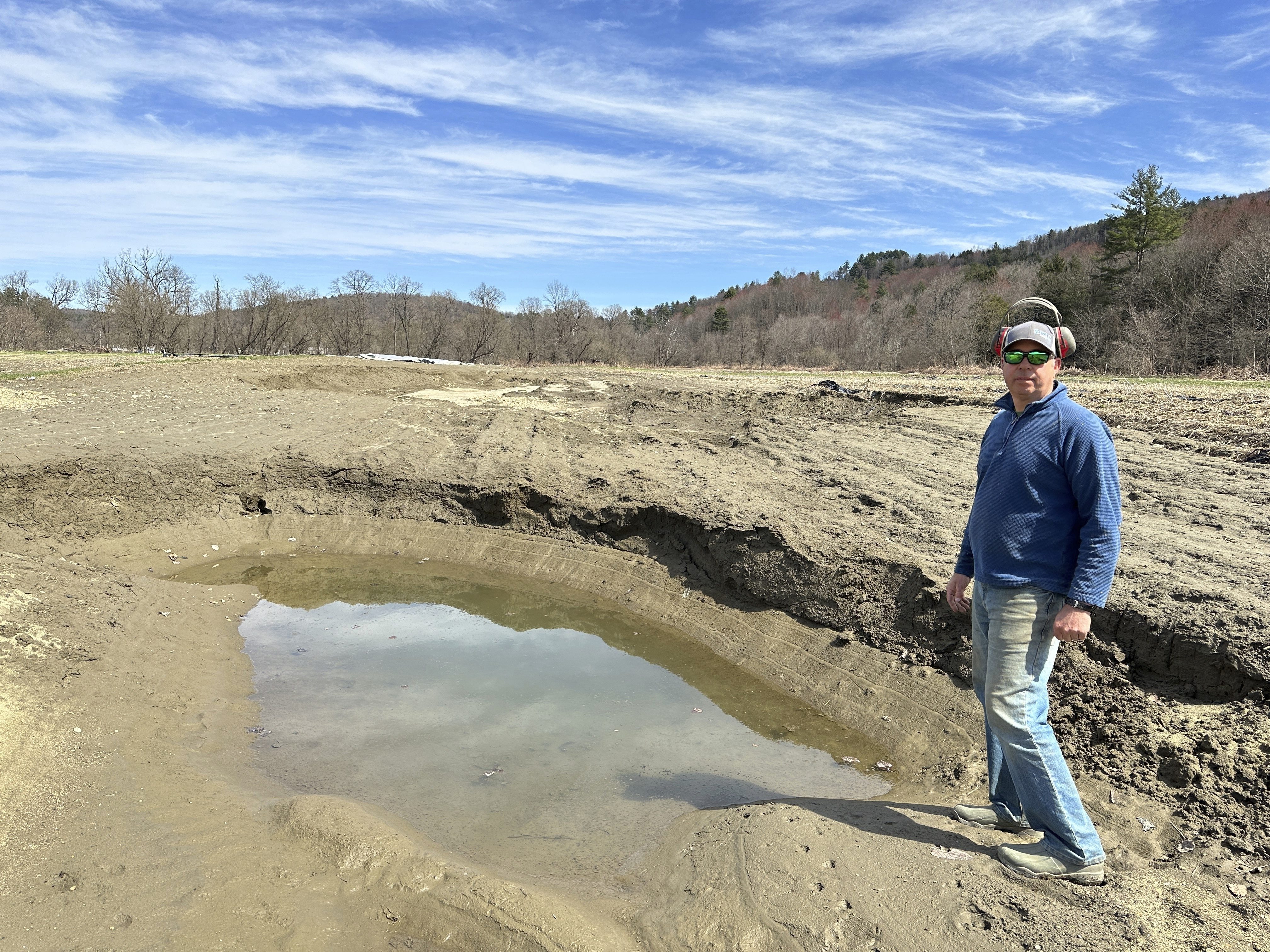With New England's grape harvest in full swing, a farm in Vermont aims to help the state's wine industry advance its knowledge.
The University of Vermont horticulture research center is now wrapping up a decade-long study into which grapes can best withstand the state's brutally cold winters and often wet growing seasons.
Modern, hardier grape varieties from the upper Midwest have enabled the development of a small but increasingly successful wine industry here.
"These varieties are a complete game-changer," Terry Bradshaw said of locally-grown grapes like Frontenac and Marquette, which several Vermont winemakers have used as the industry has developed over the past decade.
Grapes harvested Friday will be sent to colleagues at Cornell University, Bradshaw said, who will analyze the fruit’s acids, sugars, and how juices behave in yeast trials.
UVM also partners with researchers at the University of Minnesota, the University of Iowa, the University of South Dakota, and the University of North Dakota to share knowledge about cold-weather grape varieties, Bradshaw said.
Bradshaw shares the research group’s findings with the Vermont wine sector about best practices for vine management, sun exposure needs, and more.
Vermont
The latest news from around the state
He said currently, there are about 165 acres of grapes growing in Vermont, and growers in the state would have the capacity to expand that segment of the state’s agricultural economy.
"We are just at the beginning of this, and we're still learning," Bradshaw said, noting that Vermont wineries tend to pay more for grapes grown here than the same fruit would command out of state.
Ethan Joseph, the head winemaker at Shelburne Vineyard, said he and other Vermont winemakers have benefited from agriculture research at UVM.
Research topics shared with winemakers include which varieties will do well in the Champlain Valley, how cold impacts bud growth, and a better understanding of sugars and acids.
"More knowledge can definitely only help," Joseph said. "For a vineyard to be successful, you want to put a vine in the ground and you want it to be there for decades. You don't want to replant it every 15 or 20 years."
Shelburne Vineyard is one of 20 Vermont businesses making wine from grapes, Bradshaw said, though not all their fruit is harvested in the state. The research at UVM is aimed at helping that industry grow, by improving grape quality and vineyard productivity.
Already, the next generation of grape varieties is in the ground at the research center. Years from now, what's learned there could improve what's in your glass.
In addition to the winemakers who use grapes, Vermont is also home to state-licensed winemakers who use other ingredients, according to the Vermont Department of Liquor Control. Those include hard cider, fruit wines, and mead, or honey wine.
In total, there are 48 licensed businesses in Vermont classified as winemakers, the Vermont Department of Liquor Control said.
For travelers interested in visiting a Vermont winery, look at the Vermont Department of Tourism and Marketing website.



